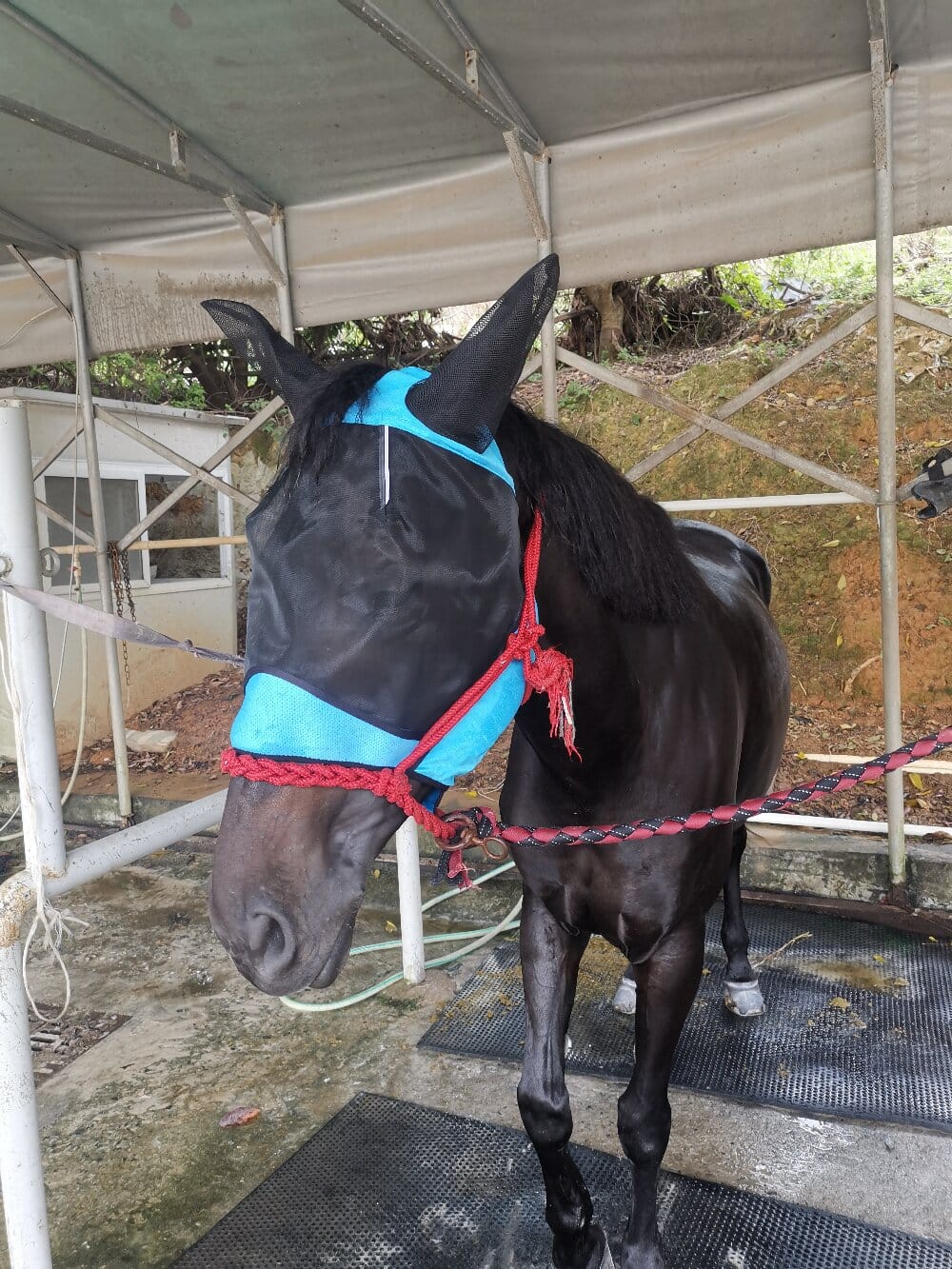A horse fly mask is a protective gear designed to shield horses from biting insects, particularly flies, which can cause irritation, infections, or even transmit diseases. These masks are typically made from lightweight, breathable materials such as mesh or nylon and cover the horse’s eyes, ears, and sometimes the muzzle. By reducing exposure to pests, fly masks contribute to the animal’s comfort and overall well-being, making them an essential accessory for equine care.
Key Features of an Effective Horse Fly Mask
When selecting a fly mask for horses, several factors should be considered to ensure optimal protection and comfort:
- Material: Breathable, UV-resistant fabrics help prevent overheating and sun damage.
- Fit: Adjustable straps ensure a secure yet comfortable fit without restricting movement.
- Coverage: Extended designs protect ears and muzzles for horses prone to insect bites in sensitive areas.
- Durability: Reinforced stitching and tear-resistant materials extend the product’s lifespan.
The Methodology Behind Fly Mask Design
Manufacturers employ scientific and practical approaches to develop effective horse fly masks. Research into equine behavior and insect attraction informs design choices, such as the use of dark mesh to reduce glare while maintaining visibility. Additionally, field testing ensures the mask remains in place during vigorous activities like grazing or running. The integration of UV protection further enhances functionality, safeguarding horses from sun-related eye conditions.
Benefits of Using a Fly Mask for Horses
Beyond pest control, fly masks offer multiple advantages:
- Health Protection: Reduces the risk of eye infections caused by dust or debris.
- Stress Reduction: Minimizes irritation from persistent insects, promoting calmer behavior.
- Versatility: Suitable for use in pastures, during training, or while traveling.
Choosing the Right Horse Fly Mask
Selecting an appropriate fly mask depends on the horse’s environment and specific needs. For instance, horses in sunny climates may benefit from masks with added UV protection, while those in high-fly areas might require full-face coverage. Consulting a veterinarian or equine specialist can help identify the best option based on individual requirements.
Maintenance and Care Tips
Proper upkeep ensures the longevity and hygiene of a horse fly mask:
- Regularly inspect for tears or loose straps.
- Hand-wash with mild soap and air-dry to preserve material integrity.
- Store in a clean, dry place when not in use.
Conclusion
A horse fly mask is a practical and scientifically designed solution to protect horses from insects and environmental stressors. By considering factors such as material, fit, and coverage, owners can enhance their horse’s comfort and health. Regular maintenance further ensures the mask remains effective over time. Whether for daily use or specific conditions, investing in a quality fly mask is a proactive step toward optimal equine care.

